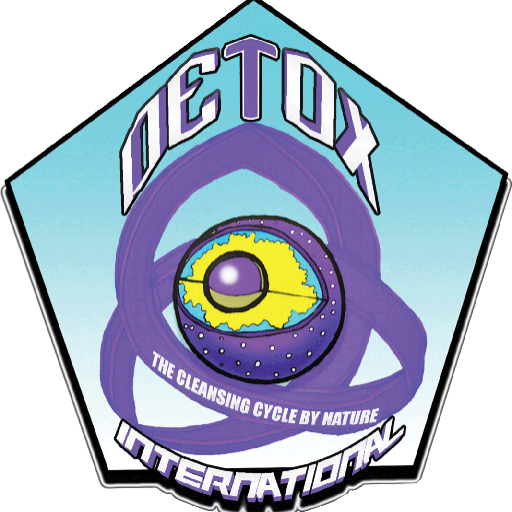700 +/- parts per million
Potassium is called the “alkalizer.” It neutralizes acids and restores alkaline salts to the blood stream. Potassium works with sodium in all cells including at nerve synapses to maintain or restore membrane potentials and assist in metabolic processes. Potassium is critical to cardiovascular and nerve function, regulating the transfer of nutrients into cells, and facilitating muscle energy. Potassium also regulates water balance, assists recuperative powers, aids rheumatic or arthritic conditions (causing acids to leave the joints and ease stiffness), is vital for the elimination of wastes, is a natural pain desensitizer, helps control convulsions, headaches, and migraines, promotes faster healing of cuts, bruises and other injuries, and generally contributes
to a sense of well being. Potassium is stored in the muscles.
Some symptoms of a potassium deficiency:
- Bad circulation
- Insomnia
- Bluish tint to skin
- Intestinal pain
- Chronic Fatigue Syndrome
- Muscle weakness
- Diabetes
- Oppressive breathing
- Earaches
- Pain in the eyes
- Edema
- Prolapsed uterus
- Headaches
- Swollen glands
- Heart palpitations
- Tissue anemia
- Hypertension
- Water retention
Natural sources: leafy green vegetables, citrus, bananas, back olives, potato peelings, beets, beans, kelp, whole grains, and seafood.







There are no reviews yet.